Qatar economy coping with Saudi-led embargo
Qatar's economy has proved to be resilient in the face of an embargo by its neighbours and lower oil prices, the International Monetary Fund said on Monday.
Doha is subject to a two-year long Saudi-led economic boycott over its alleged support for Islamist movements and Iran - charges Qatar denies.
"Economic performance improved in 2018. Qatar's economy has successfully absorbed the shocks from the 2014–16 drop in hydrocarbon prices and the 2017 diplomatic rift," the IMF said in a statement.
"Real GDP growth is estimated at 2.2 percent, up from 1.6 percent in 2017."
The IMF statement, which comes just two days before the second anniversary of the Saudi-led embargo, follows a routine economic assessment required by Qatar's membership of the Washington-based organisation.
Saudi Arabia, along with its allies the United Arab Emirates, Egypt and Bahrain, have taken several economic measures against Doha since June 5, 2017 in an bid to force a change in Qatar's behaviour.
A public spat between the two sides erupted days after the conclusion of regional talks hosted by Saudi King Salman in Mecca over rising tensions with Iran, dashing hopes of a rapprochement.
The IMF declared Qatar's banking sector healthy but reported a cooling in the property market.
"After a period of rapid growth, real estate prices in Qatar are adjusting to new levels. According to the real estate price index developed by Qatar Central Bank, following an 82 percent increase during 2012–16, real estate prices fell by 15 percent during 2017–18," it said.
The report concluded that "substantial buffers and prudent policies" would help Doha manage any "rising trade and geopolitical tensions".
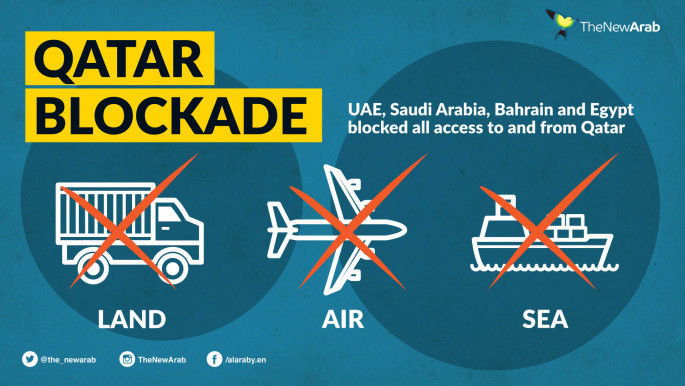

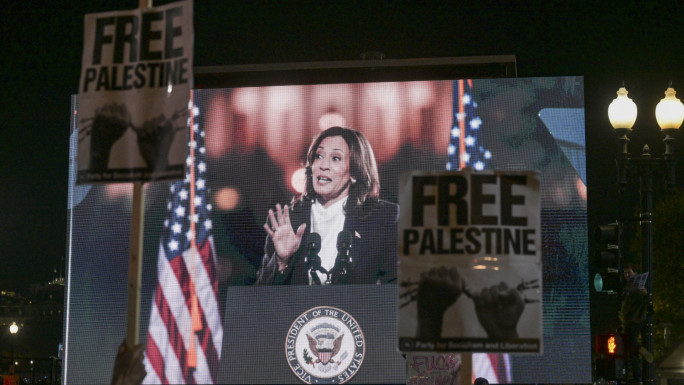
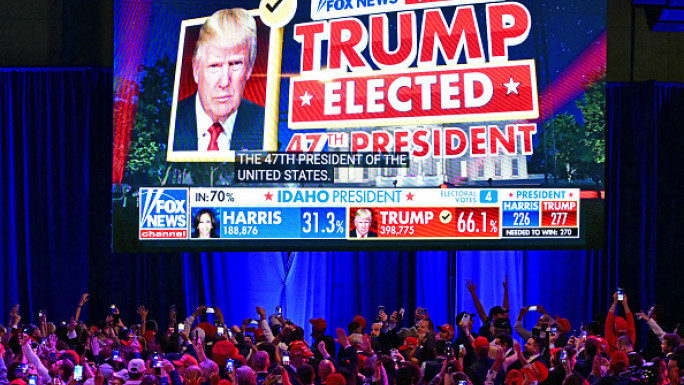
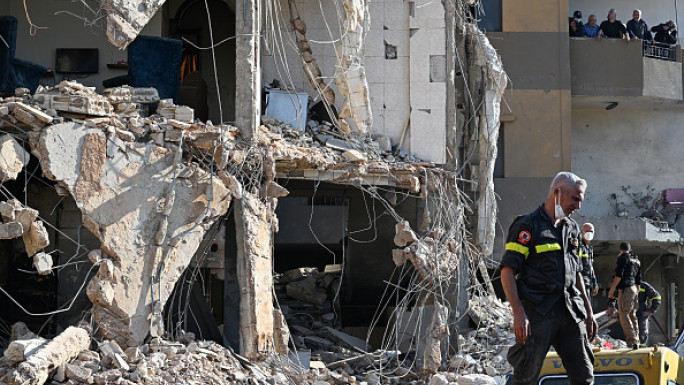
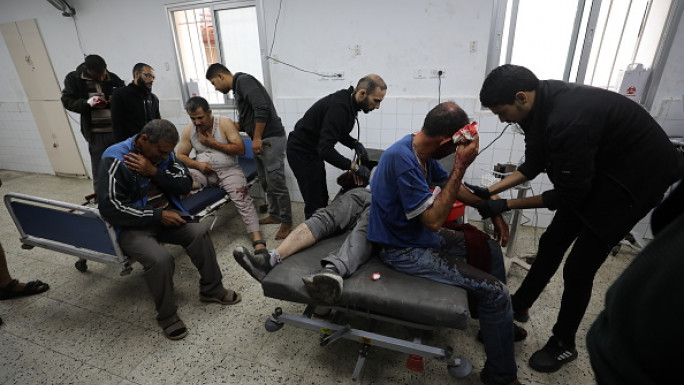
![President Pezeshkian has denounced Israel's attacks on Lebanon [Getty]](/sites/default/files/styles/image_330x185/public/2173482924.jpeg?h=a5f2f23a&itok=S2wzLy-W)

